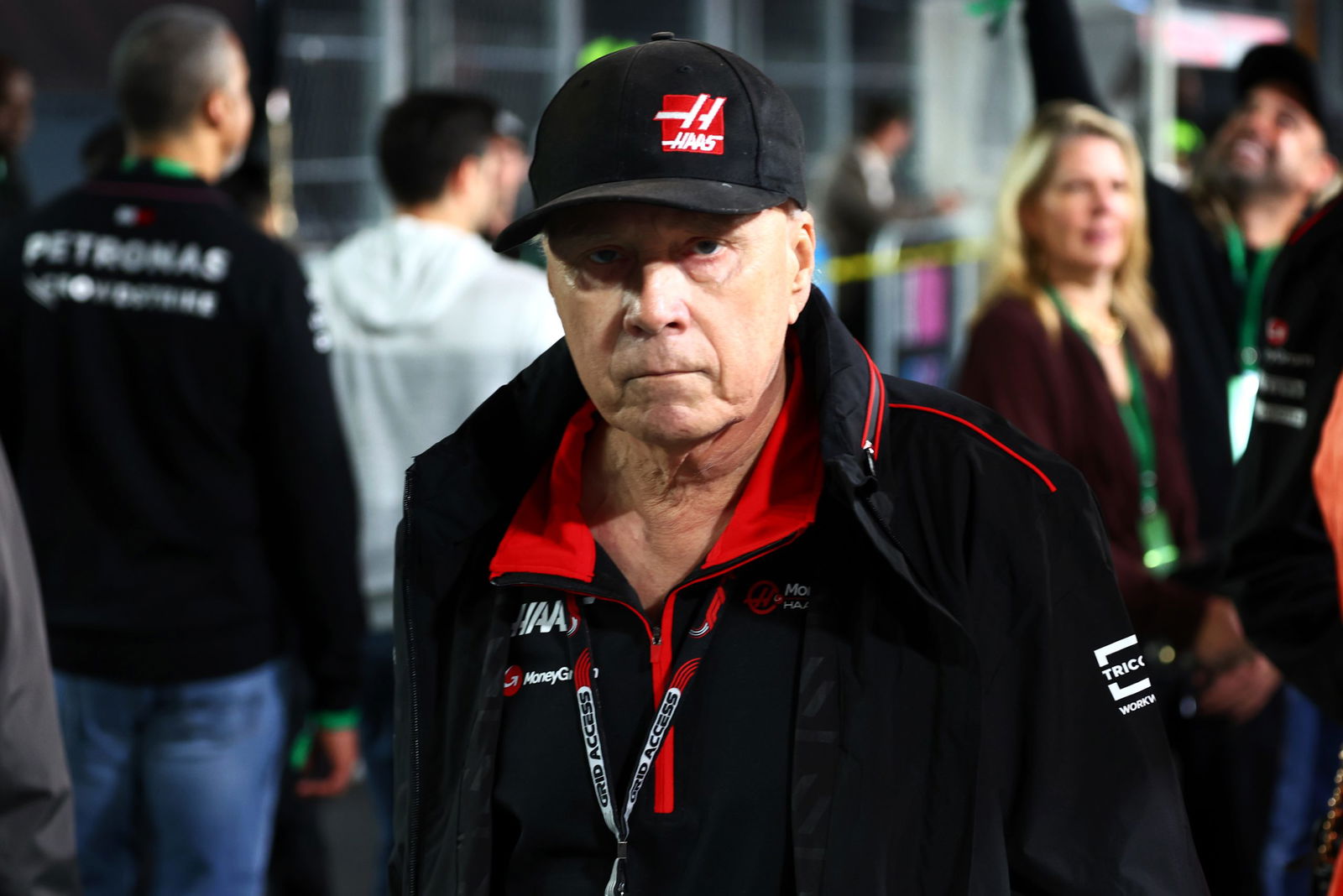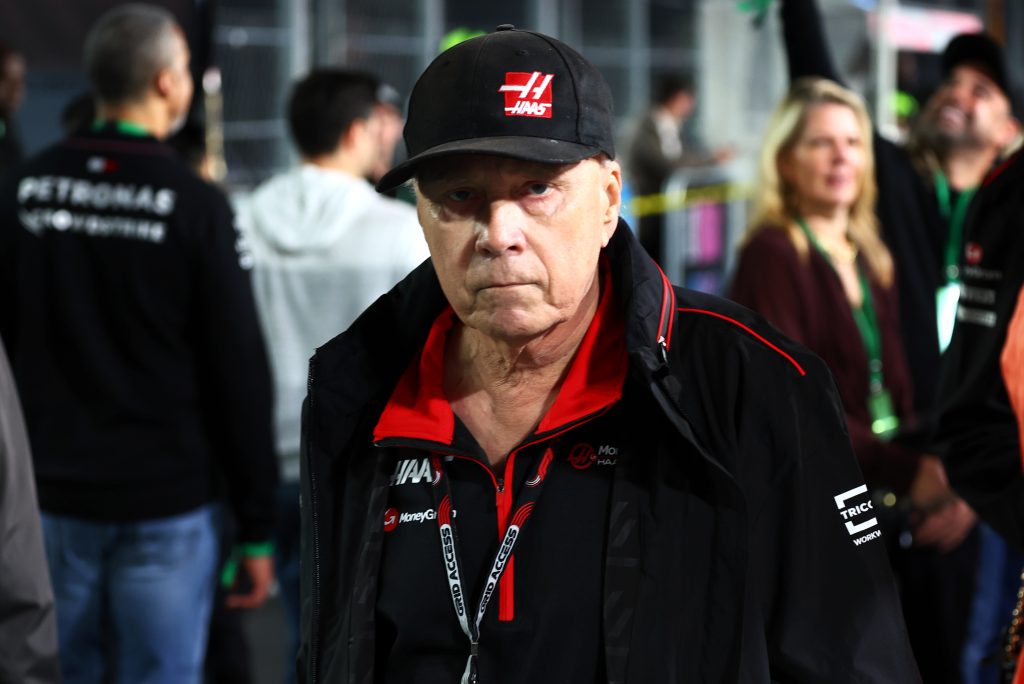

F1 has shown exponential growth over the past few years since Liberty Media took over the reins from Bernie Ecclestone at the start of 2017, with teams now valued at around US$1bn and upwards.
Since Haas took to the grid as a privateer team in 2016, the American has ploughed in millions of dollars of his own money and has seen little return in terms of results, with the outfit again finishing bottom of last season’s constructors’ championships.
In the wake of sacking team principal Guenther Steiner this week, the suggestion has been made that Haas is now looking for an exit strategy, potentially selling his team to fellow American Michael Andretti, who has been trying to find a way into the sport for the past couple of years.
Haas, though, is adamant he will not be selling.
“I didn’t get into F1 to sell,” Haas confirmed to Formula1.com. “I did it because I wanted to race. Guenther had the same perspective.
“We’re not here to cash out. We want to race and be competitive. If you look at any team, historically, they have had a lot of good years and a lot of bad years.
“Surviving is one of the characteristics of getting better. As long as you can survive, you always have another year to prove your worthiness.
“This is a big change. Losing Guenther is going to cause the team to have to focus on other aspects. We will hopefully come out better for it.”
Over the years, Haas has operated on limited resources, with the 71-year-old confirming that since the budget cap was introduced in 2021, his team has yet to hit the ceiling, although has come close.
In contrast, the bigger teams have had to considerably cut their cloth accordingly to ensure they remain under the limit, which at present stands at US$135 million.
Again outlining another likely reason as to why Steiner was fired, Haas said: “There is a perception we spend a lot less money. We’re usually within $10m of the budget limit.
“I just think we don’t do a very good job of spending that money. A lot of teams have had previous investments in their infrastructure, buildings, equipment, and personnel.
“Our model was to outsource a lot of that. We spend a lot of money. We haven’t exceeded the cap but we’re pretty darn close to it. I just don’t think we’re doing a very good job of spending it in the most effective way.”
Pointing to how he has run his Haas Automation tooling business for the last 40 years, he added: “That’s one of the reasons we have survived because we are so conscious of how we spend money.
“Being efficient at what we do is going to make sure we survive in this series. We’re one of the longest-surviving teams.
“Everyone else (other new teams) has had the tendency to spend all their money in the first few years and then they go out of business.
“We have survived for eight years, and we’re not in a situation where we are going to go out of business. But I certainly want to be able to survive for the next 10 years.”





















Discussion about this post